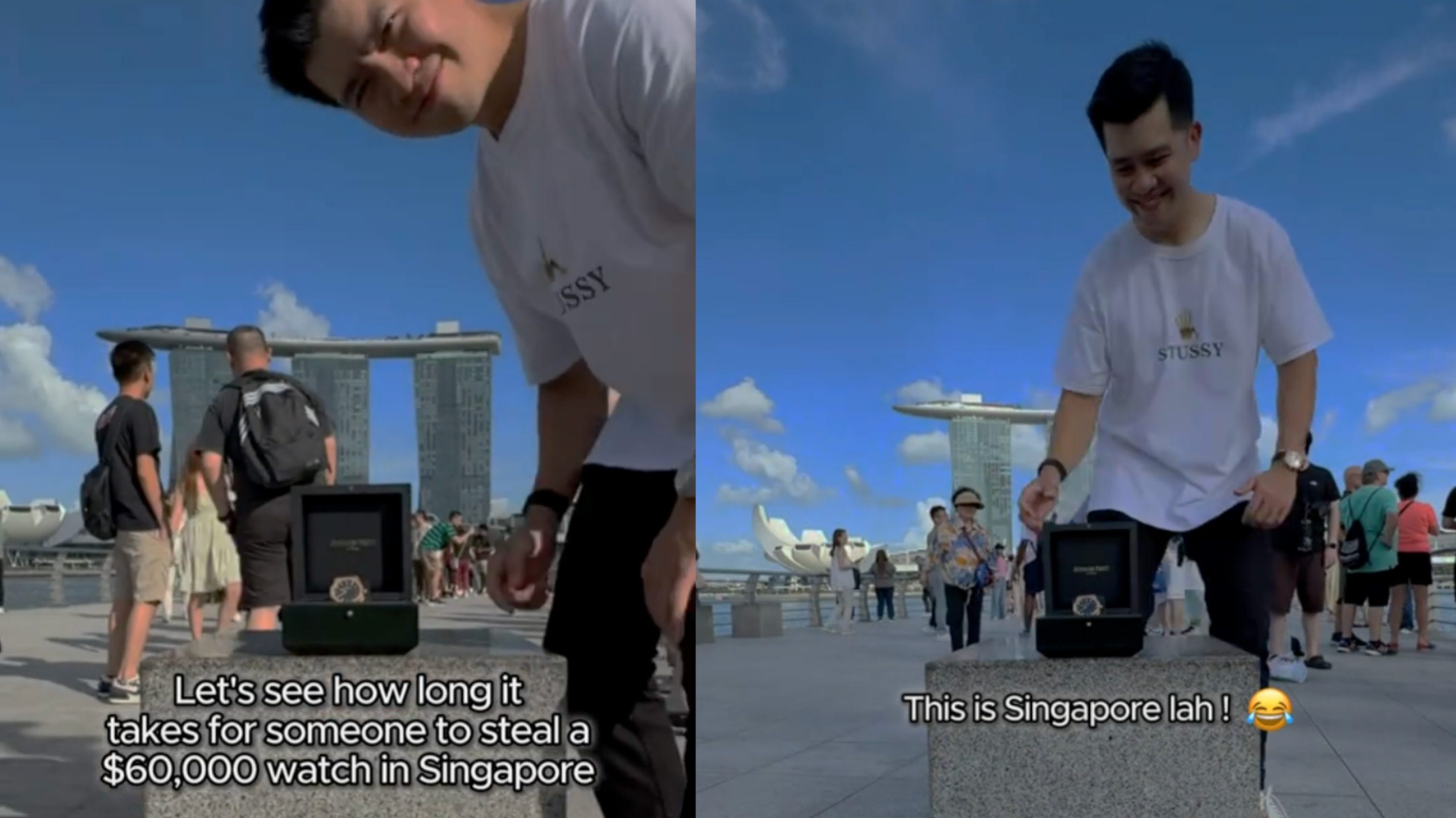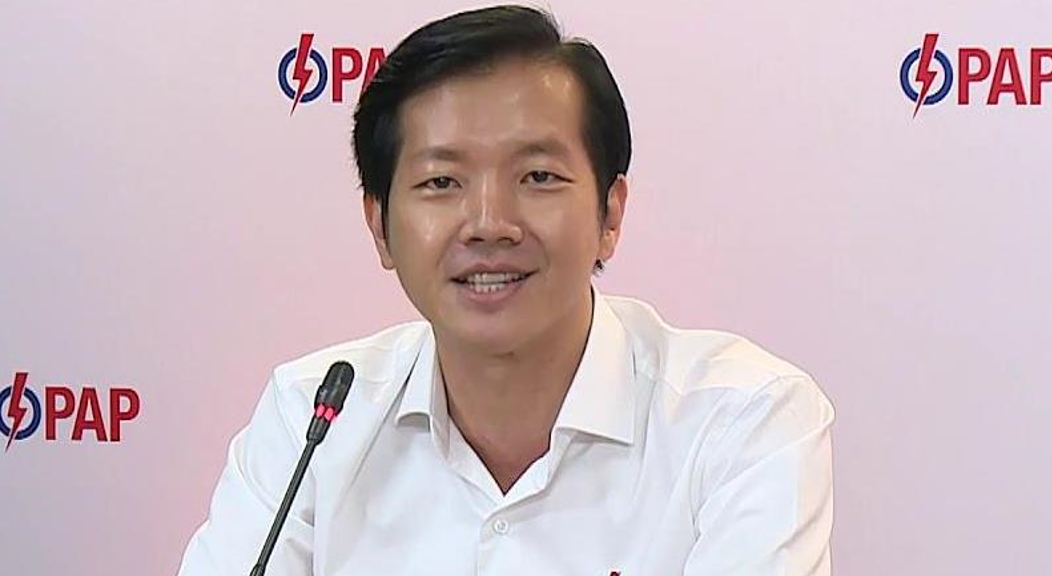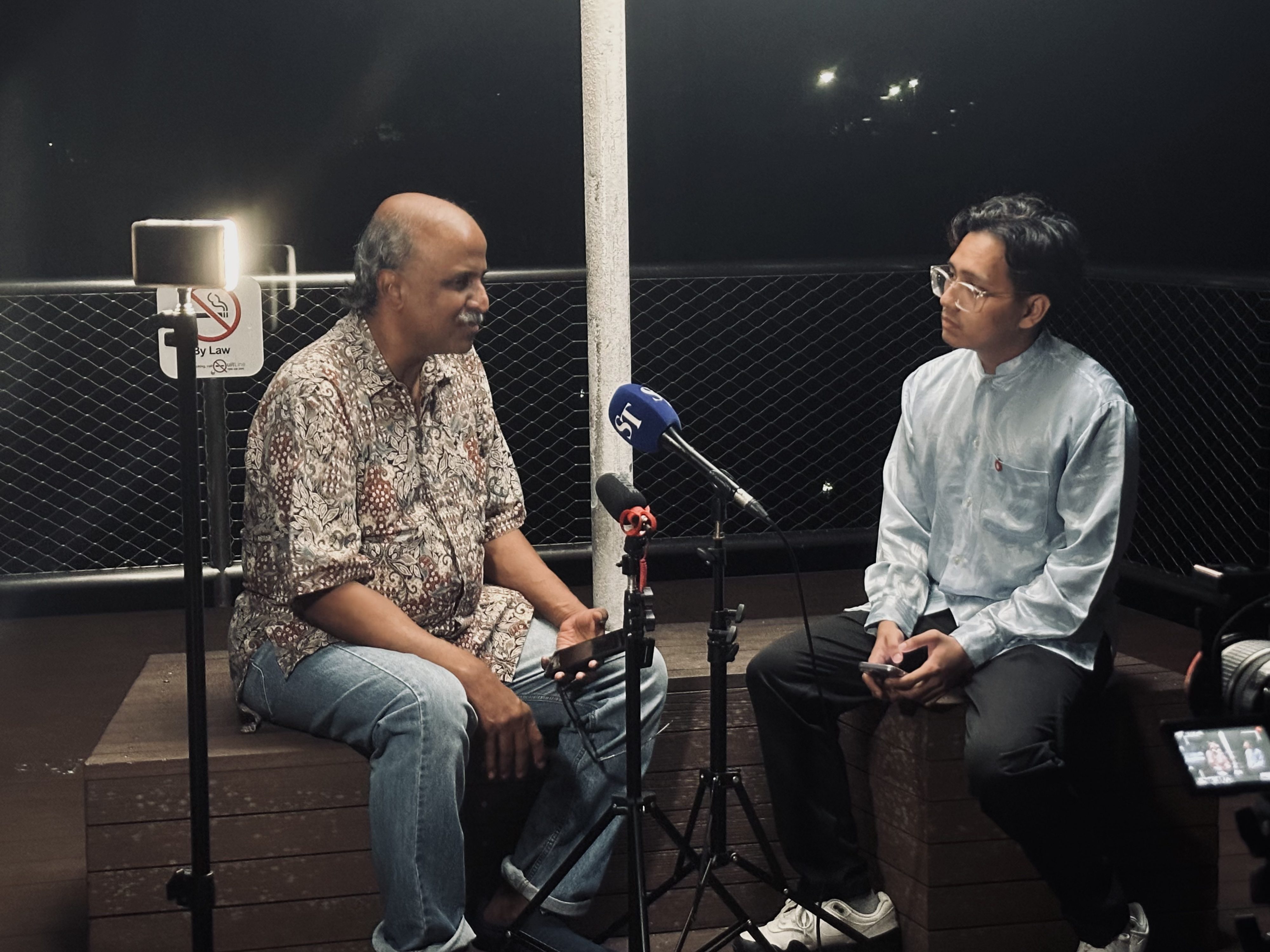
Unpopular Opinion: Many netizens sympathetic towards death row inmates, but say criminals should not be treated as heroes
Malaysian Kalwant Singh and Singaporean Norasharee Gous were hanged on Thursday (Jul 7) morning, with an estimated 60 others still on death row. Support from activists and International Human Rights organisations poured in, urging the Singapore government to halt the executions.
Last week, Malaysian human rights group Lawyers for Liberty urged the government of Singapore to halt the hanging of Kalwant Singh. In a Facebook post on Thursday (June 30), activist Kirsten Han noted that Kalwant’s execution would be the seventh scheduled in 2022.
She listed the names of the men who have been scheduled for execution—“Roslan, Pausi, Rosman, Abdul Kahar, Nagaenthran, Datchinamurthy, and now Kalwant,” but noted that only “Kahar and Nagaen’s executions went ahead.” The others, she added, “have either obtained stays or respite orders (which can be lifted at any time if the outstanding cases they have get dismissed).”
On March 30, Singapore carried out its first execution in more than two years. Singaporean Abdul Kahar bin Othman, 68, had been convicted on two charges of trafficking diamorphine in 2013 and was given the death penalty two years later. Malaysian national Nagaenthran K. Dharmalingam, whose case gained international attention as he was said to have had an IQ of 69, was executed on April 27.










It’s been more than seven years since Mr Lee Kuan Yew died, but that’s not stopped videos of Singapore’s first prime minister from going viral online. Following the execution of Malaysian drug trafficker Nagaenthran Dharmalingam, old video clips of Mr Lee being interviewed about drug trafficking and the death penalty in Singapore were circulated.
In the hard-hitting interview, Mr Lee was asked about Singapore having one of the highest rates of capital punishment in the world. Singapore law prescribes the death penalty for those caught with more than 15g of pure heroin.
“If we could kill them a hundred times, we would.”
So said Mr Lee in an interview with Tim Sebastian, who was then the BBC’s anchor for its long-running HARDtalk programme.
The videos do not carry a date, but current HARDtalk anchor Stephen Sackur took over in 2005, which means the interview was conducted some 17 years ago.
Said Mr Lee:
“It’s terrifying to see because you are then drug dependent, you steal, you cheat, you rob your own parents. I mean, it’s so destroying. And they come in knowing that death if they are found with this goods on them, but the rewards are so great. And they try.
“Without capital punishment, our transhipment rate as a drug centre would quadruple or quintuple.” /TISG




